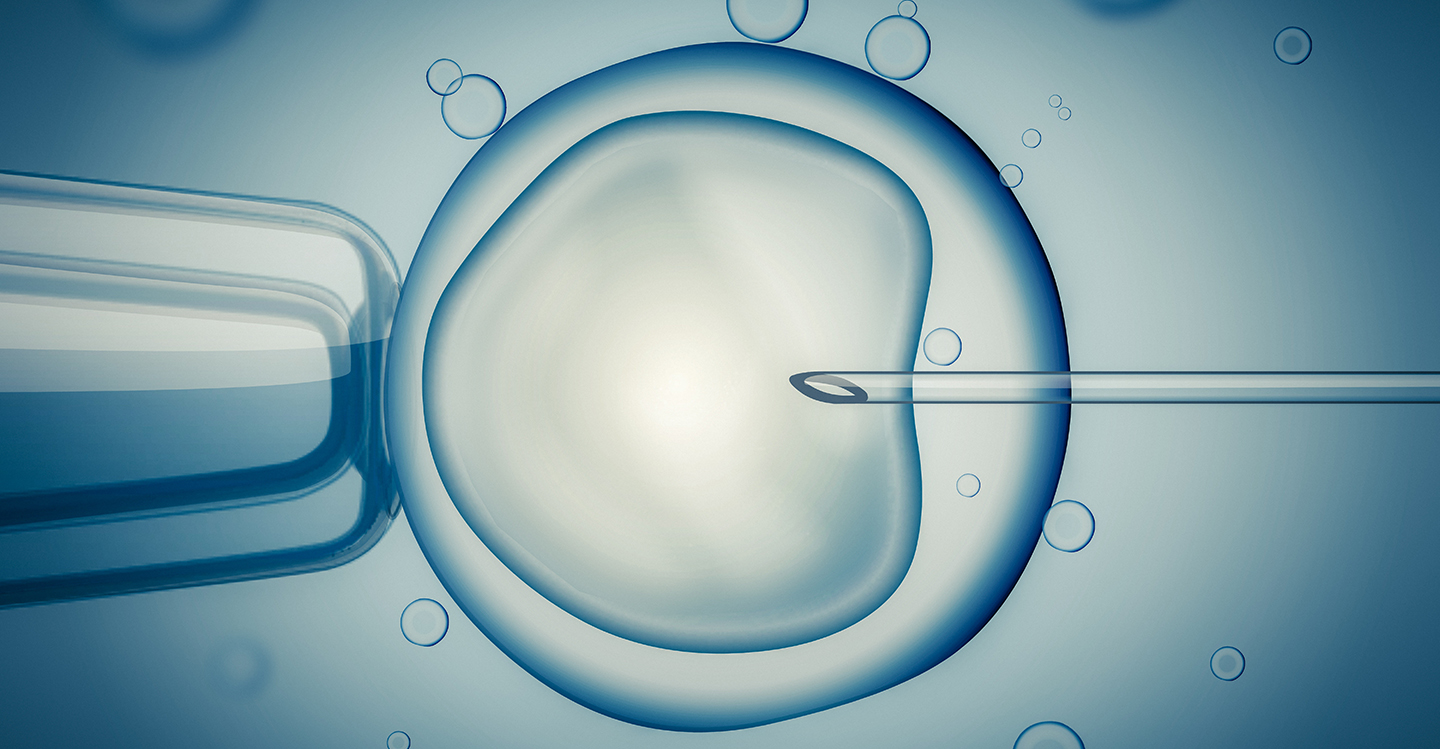Week 1 to Week 12
These stages are some of the most critical for your pregnancy, and it is also when your pregnancy is at its most vulnerable. Many pregnancies can spontaneously miscarry during this period, and often this can occur without a mother knowing.
Many women find out late if their pregnancy is unplanned. If they do, this will often occur around weeks four or five when a woman skips her period, or when the physical changes of pregnancy are more readily noticed.
What’s happening to my baby?
Your baby – referred to early as an embryo and later as a foetus – is undergoing the changes that set the stage for the remainder of their pre-natal development. Starting as a single fertilised cell, your baby will develop its vital organs – including its brain and nervous system – and will even start digesting foods and excreting waste.
Towards the end of the first trimester, an ultrasound can show a pretty clear image of your baby, which will be about the size of a lime or apricot at around a couple of inches in length.
What’s happening to me?
Although your body may not develop outward signs of your pregnancy during this stage, you will likely feel the changes. By the end of the trimester, these changes might be recognisable by an observant person, as you can experience what is called the “pregnancy glow” or even show a pregnancy bump. Some of the side effects can include morning sickness, fatigue, cravings, weight changes and swelling breasts.
If you learn or suspect you might be pregnant, you should consider seeing a specialist as soon as possible. You will be advised to cut out alcohol and smoking, and start taking folate supplements (which you can take earlier if you are planning for pregnancy). A specialist will also advise you about foods to avoid, and how to maintain a healthy, balanced diet for your health as well as that of your developing baby.
Traditionally, the end of the first trimester is when people choose to announce that they are pregnant, because the foetus has survived its most critical and vulnerable period of development.



